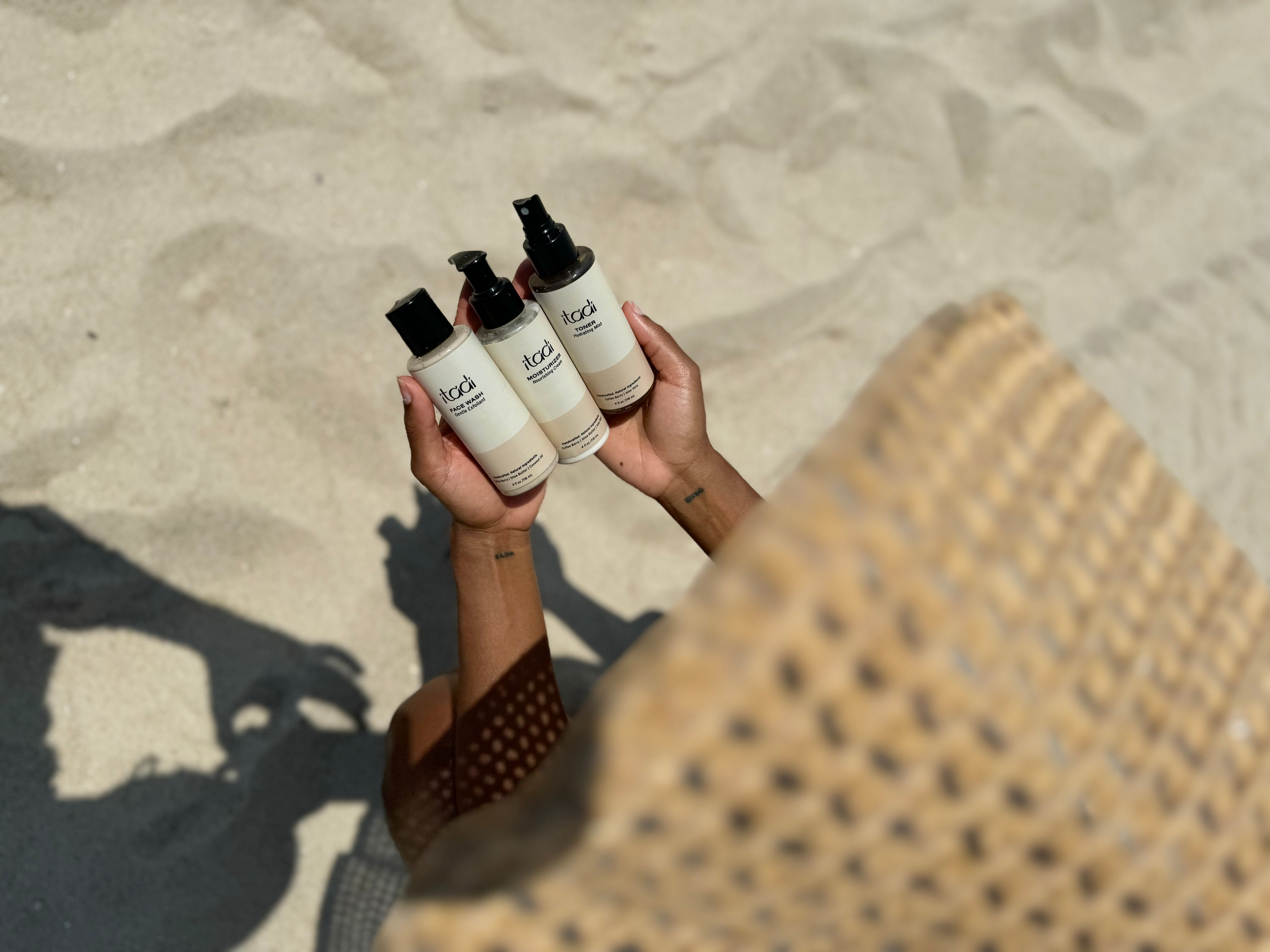In an increasingly interconnected world, consumers are becoming more aware of the journey their products take before reaching their hands. This heightened consciousness extends to the beauty industry, where the demand for ethically sourced skincare is rapidly growing. Ethical sourcing goes beyond simply choosing natural ingredients; it encompasses the entire supply chain, ensuring that every component, from raw materials to labor, is acquired in a manner that respects both people and the planet. For brands and consumers alike, understanding and prioritizing ethical sourcing is a crucial step towards a truly sustainable and responsible beauty industry.
What is Ethical Sourcing in Skincare?
Ethical sourcing in skincare refers to the practice of obtaining ingredients and materials in a way that is environmentally sound, socially responsible, and economically fair. It involves a comprehensive approach that considers:
•Environmental Impact: Ensuring that the cultivation, harvesting, and processing of ingredients do not harm ecosystems, deplete natural resources, or contribute to pollution. This includes practices like sustainable agriculture, biodiversity protection, and responsible land management.
•Social Responsibility: Guaranteeing fair labor practices, safe working conditions, and equitable wages for all individuals involved in the supply chain, from farmers and harvesters to factory workers. It actively combats issues like child labor, forced labor, and exploitation.
•Economic Fairness: Promoting fair trade principles that ensure producers in developing countries receive a fair price for their goods, enabling them to invest in their communities and improve their livelihoods.
•Transparency and Traceability: Maintaining clear and verifiable records of an ingredient's origin and journey, allowing brands and consumers to track its path from source to product.
Why is Ethical Sourcing Important?
The significance of ethical sourcing extends far beyond a brand's reputation; it has tangible impacts on communities, ecosystems, and the long-term viability of the beauty industry.
1. Protecting Human Rights and Empowering Communities
Ethical sourcing ensures that the people who cultivate and harvest ingredients are treated with dignity and respect. This means providing fair wages, safe working conditions, and opportunities for community development. By supporting ethically sourced products, consumers contribute to improving the lives of vulnerable populations and fostering economic stability in producer regions.
2. Preserving Biodiversity and Ecosystems
Unsustainable harvesting practices can lead to deforestation, soil degradation, and the loss of biodiversity. Ethical sourcing prioritizes methods that protect natural habitats, promote regenerative agriculture, and ensure the long-term availability of plant-based ingredients. This commitment helps maintain ecological balance and safeguards the planet's natural resources for future generations.
3. Building Consumer Trust and Brand Loyalty
In an era of increasing skepticism, transparency and ethical practices are powerful drivers of consumer trust. Brands that openly share their sourcing policies and demonstrate a genuine commitment to ethical conduct build stronger relationships with their customers. This transparency fosters loyalty and differentiates brands in a competitive market.
4. Mitigating Risks and Ensuring Supply Chain Resilience
Ethical sourcing practices often lead to more stable and resilient supply chains. By fostering long-term, equitable relationships with suppliers, brands can reduce the risk of disruptions, ensure consistent quality, and build a more reliable source of raw materials. This proactive approach benefits both the brand and its partners.
Navigating Ethical Choices: A Guide for Consumers
Making conscious choices requires a bit of detective work, but the impact of your purchasing power is significant.
1. Look for Certifications
Certifications from reputable organizations can provide assurance that a product meets certain ethical and sustainability standards. Look for labels such as:
•Fair Trade Certified: Ensures fair wages and safe working conditions for farmers and workers.
•Ecocert/COSMOS Organic: Guarantees environmentally friendly production and processing, and the absence of harmful chemicals.
•Rainforest Alliance Certified: Promotes environmental conservation and sustainable livelihoods.
•Leaping Bunny/PETA Certified: Indicates cruelty-free products, meaning no animal testing at any stage of development.
2. Research Brands and Their Policies
Many brands committed to ethical sourcing provide detailed information on their websites about their supply chains, ingredient origins, and social responsibility initiatives. Take the time to research brands and choose those whose values align with your own.
3. Prioritize Transparency
Support brands that are open and honest about their sourcing practices. If a brand is vague or unwilling to provide information about where their ingredients come from, it might be a red flag.
4. Read Ingredient Lists Carefully
Familiarize yourself with common ingredients and their potential ethical implications. For example, palm oil has been linked to deforestation, so look for sustainably sourced palm oil or alternatives.
5. Support Local and Small-Batch Producers
Often, smaller brands and local producers have more direct control over their supply chains and can offer greater transparency regarding their sourcing practices.
The Future of Ethical Sourcing
The trend towards ethical sourcing is only set to grow. Innovations like blockchain technology are being explored to provide even greater traceability and transparency in supply chains, allowing for immutable records of an ingredient's journey. As consumers continue to demand more accountability, brands will increasingly integrate ethical sourcing into their core business models, making it a standard rather than an exception.
Ethical sourcing is the backbone of a truly sustainable beauty industry. By making conscious choices about the skincare products we buy, we can collectively drive positive change, ensuring that beauty is not only skin deep but also rooted in respect for people and the planet. Supporting brands committed to ethical sourcing empowers communities, protects ecosystems, and builds a more transparent and responsible future for beauty.



0 comments